Special Collaborations
Whistleblower Ethics: Tyler Shultz on Theranos, Integrity, and Resilience in Silicon Valley
Followed by a Panel on the Ethical, Legal, Business, and Psychological Aspects of Whistleblowing
On April 12, 2022 the Daniels Fund Ethics Initiative Collegiate Program at Colorado Law hosted Whistleblower Ethics: Tyler Shultz on Theranos, Integrity, and Resilience in Silicon Valley, and the Ethical, Legal, Business, and Psychological Aspects of Whistleblowing, in collaboration with nine other Daniels Fund Ethics Initiative Collegiate Program universities: Colorado Mesa University, the New Mexico State University, the University of Colorado Boulder Leeds School of Business, the University of Colorado Colorado Springs College of Business, the University of Colorado Denver Business School, the University of Denver Daniels College of Business, the University of Northern Colorado, the University of Utah David Eccles School of Business, and the University of Wyoming College of Business.
The event featured a fireside chat conversation with key Theranos whistleblower Tyler Shultz, followed by a panel discussion including Whistleblower Law Collaborative LLC attorney Erica Blachman Hitchings, GlaxoSmithKline whistleblower Cheryl Meads, U.S. Bank Senior Vice President and Global Chief Ethics Officer Katie Lawler, and Principal Researcher at the University of Chicago Booth School of Business James Dungan, who has researched and published on the subject of whistleblower psychology.
The Theranos Story
Tyler Shultz was a key whistleblower in exposing the now-infamous Theranos fraud. In 2014, Elizabeth Holmes and her startup Theranos were on top of the world – she had enormous interest from investors and high-profile supporters, fawning media attention, and the claim that she was changing the world through her novel blood-testing equipment that relied on a mere drop of blood from a fingerstick prick to identify a wide array of ailments. Capitalizing on her image as the Stanford-dropout-turned-next-Steve-Jobs, Holmes had convinced the world of her vision, resulting in a $9B valuation of her company. Unfortunately for Holmes and Theranos, the technology behind her idea didn’t work. As a result, she resorted to ever-increasing unethical and fraudulent schemes and a toxic work culture to conceal technological deficiencies and buy more time. Her house of cards came crashing down in 2015, when journalist John Carreyrou published his meticulously researched Wall Street Journal investigation, backed by the accounts of several whistleblowers. After a nearly four month trial, a jury found Elizabeth Holmes guilty of four counts relating to investor fraud in January 2022.
Tyler Shultz
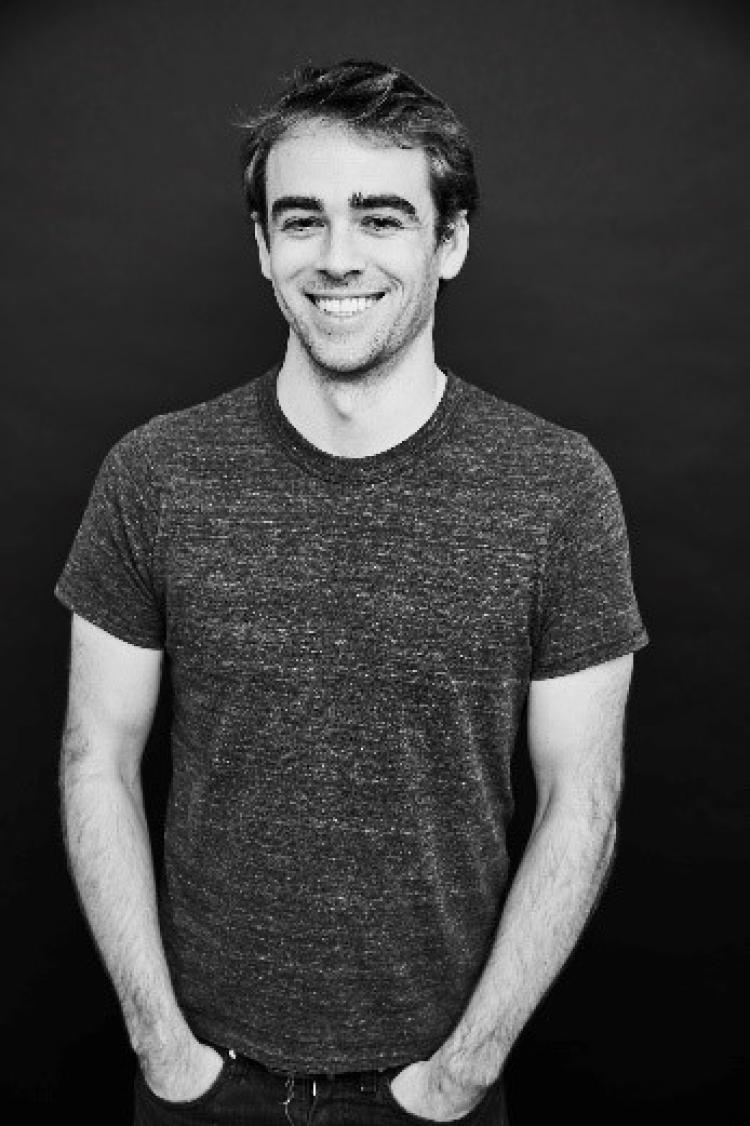
Tyler Shultz was one of those whistleblowers. Shultz is an entrepreneur fostering innovation in healthcare. He graduated from Stanford with a Biology degree and entered the national scene when he courageously blew the whistle at Theranos. Tyler complained to the public health regulators in New York and was a source for a series of Wall Street Journal articles exposing Theranos’ dubious blood-testing practices. Owing to his role in exposing the fraud, Shultz was featured in Bad Blood, the book about the scandal penned by John Carreyrou, the original author of the Wall Street Journal articles, as well as in Alex Gibney’s HBO documentary The Inventor.
Currently, Shultz is the CEO and Co-Founder of Flux Biosciences, Inc., a bay-area start-up. Flux Biosciences aims to bring medical grade diagnostics into the homes of consumers by using cutting-edge technology to measure biomarkers related to stress, exercise, and fertility. His efforts were recognized by Forbes when he was named to their “30 under 30” Health Care 2017 list.
The Theranos story has proven to be of significant public interest. Hulu released its interpretation of The Dropout (based on ABC’s podcast) in March 2022 starring Amanda Seyfried, and Apple intends to release a feature film based on Carreyrou’s book starring Jennifer Lawrence. John Carreyrou also created a podcast entitled “Bad Blood: The Final Chapter” concurrently with Holmes’s trial.
The Panel
Following the conversation with Tyler Shultz, a panel of experts discussed additional ethical, legal, business, and psychological aspects of whistleblowing. Panelists included:

Erica Blachman Hitchings
Attorney, Whistleblower Law Collaborative LLC
Erica Blachman Hitchings became a member of the Whistleblower Law Collaborative LLC after nearly nine years in the U.S. Department of Justice where she successfully investigated, litigated, and settled a wide range of False Claims Act cases. Over the course of her career at DOJ, Erica conducted dozens of health care, procurement, and other fraud investigations that resulted in the recovery of hundreds of millions of dollars by the United States. In the health care fraud arena, for example, she investigated and successfully resolved allegations that a nationwide skilled nursing home chain submitted false claims for skilled therapy services; that a large hospital system admitted patients who could have been treated on a less costly, outpatient basis; and that sleep centers used unlicensed technicians to administer overnight tests to unwitting patients. Ms. Hitchings also has significant expertise in the area of Medicare Advantage, Stark Law, the Anti-Kickback statute, and pharmaceutical off-label marketing schemes. More specifically, Erica simultaneously ran two cutting-edge Medicare Advantage fraud investigations while at the U.S. Attorney’s Office, one of which recently resulted in a $90 million recovery and another in which the government has intervened and alleged over a billion in false claims. Ms. Hitchings was also a member of a procurement fraud litigation team that recovered over $250 million from numerous technology and consulting companies, including Accenture LLP and EMC Corporation, for allegedly defrauding the government through pricing and kickback schemes.
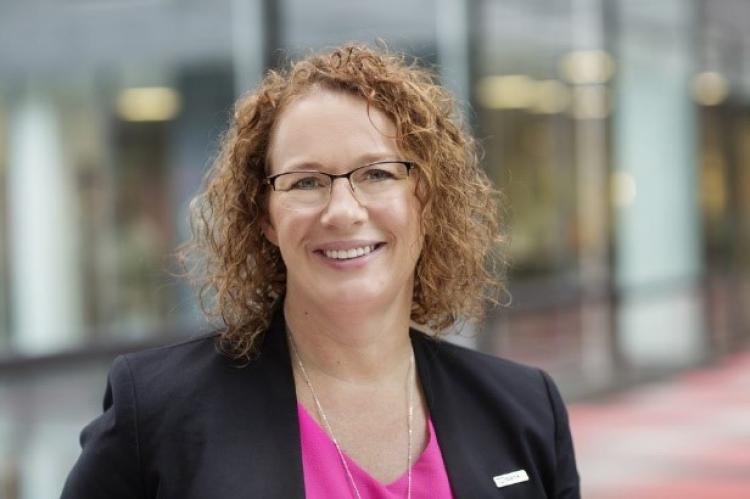
Katie Lawler
U.S. Bank Senior Vice President and Global Chief Ethics Officer
Katie is Senior Vice President and Global Chief Ethics Officer at U.S. Bank. Having started her career as a labor and employment attorney, Katie has spent her 17+ years with U.S. Bank working in legal, human resources and ethics roles. Katie joined U.S. Bank in 2002 as an employment attorney in the Law Division and served as Chief Employment counsel prior to joining the bank’s Human Resources Division in 2007. Katie served in a variety of roles in Human Resources, most recently as Senior Vice President and Director of Talent and Employee Relations. In 2016, Katie returned to her legal roots, taking a role as Deputy General Counsel responsible for the employment and labor, technology and operations, cybersecurity, privacy and data governance legal teams. Katie was named to her current role in January 2017. Ethisphere Institute has recognized U.S. Bank as one of the “World’s Most Ethical Companies” for the seventh consecutive year.
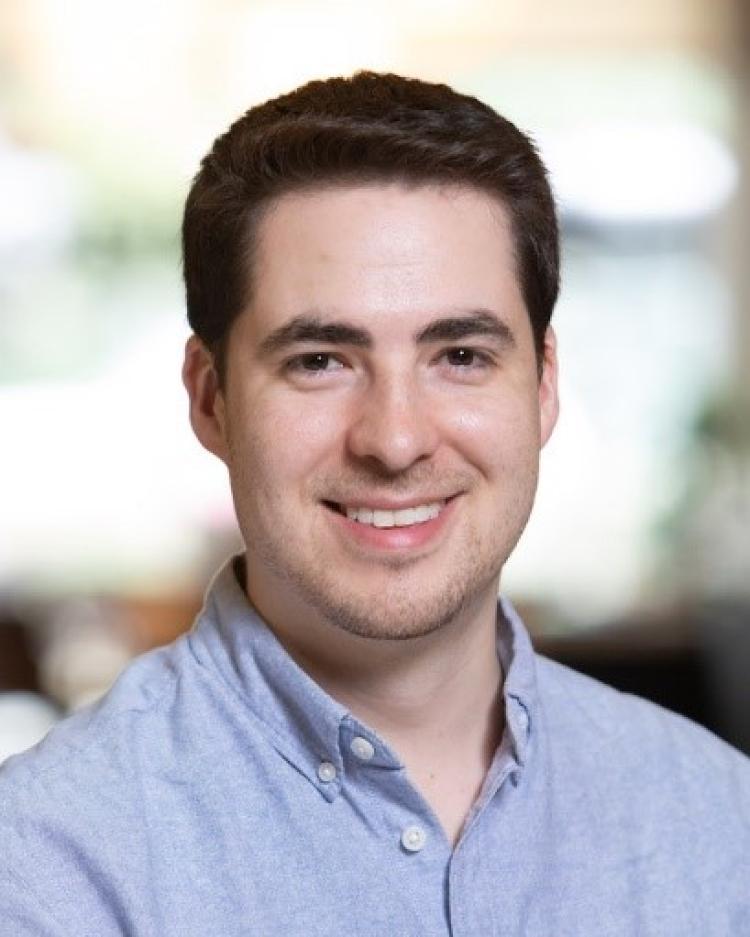
James Dungan
Principal Researcher at the University of Chicago Booth School of Business
Chief Scientist, Mindworks: The Science of Thinking
James is a principal researcher at the Center for Decision Research working with Dr. Nicholas Epley. He received his PhD in Social Psychology in 2017 from Boston College where he did research with Dr. Liane Young on the cognitive and neural bases of moral judgments across contexts. His work has incorporated techniques from cognitive neuroscience, social cognition, and moral psychology.
James is interested in moral courage and the forces that keep people from voicing their concerns. He is currently investigating courage in the contexts of whistleblowing, confrontation, and expressing support. More broadly, James is interested in characterizing loyalty and how it is balanced against other moral values, such as fairness. James has published several articles relating to the psychology of whistleblowing.
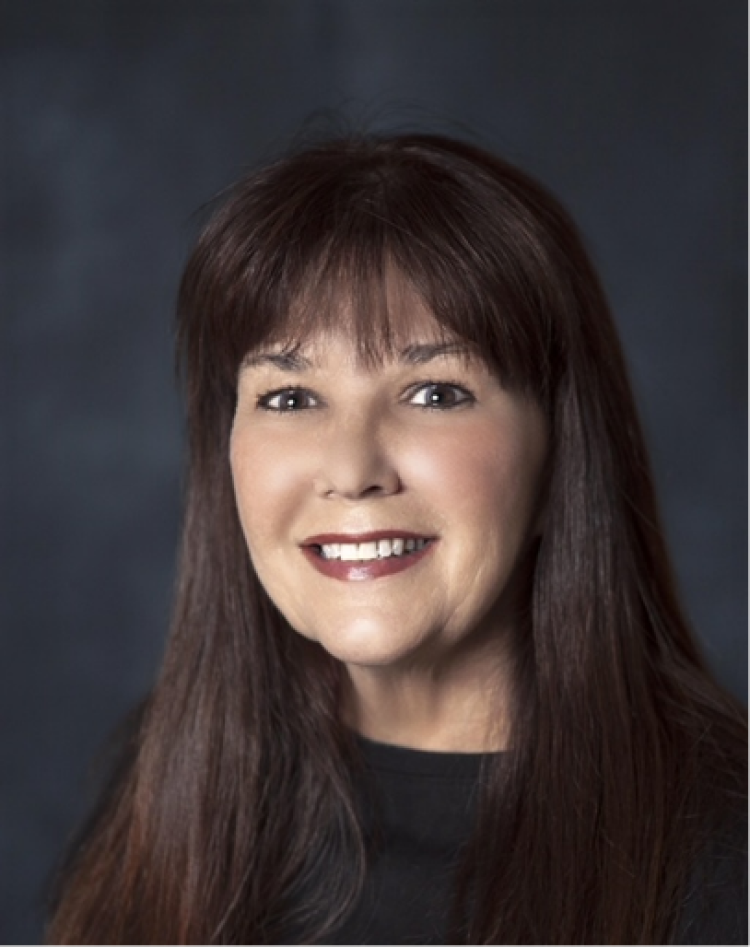
Cheryl Meads
Whistleblower and Taxpayers Against Fraud Board Member
Cheryl Eckard Meads was the whistleblower in a landmark case she brought on behalf of the federal and state governments alleging that pharmaceutical giant GlaxoSmithKline released to the market contaminated and adulterated drug products from its huge plant in Cidra, Puerto Rico. In October 2010, following a 6 year investigation by the Department of Justice, GSK paid the government $750 million to resolve Ms. Meads’ lawsuit, including a $150 million criminal fine and felony guilty plea entered by the Puerto Rican subsidiary.
Ms. Meads was a Manager of Global Quality Assurance for GSK. She has a degree in Chemistry and is an expert in managing large teams conducting pharmaceutical quality assurance and FDA regulatory compliance. In 2002 she was given responsibility for oversight of the Cidra plant. She repeatedly complained to numerous GSK senior executives about conditions at the plant and urged that the plant be closed. She tried to alert GSK’s CEO and General Counsel, and made a full report to the GSK Compliance Department, but nothing was done. She then reported to the FDA, which executed search warrants at the Cidra plant and later carried out the largest seizure of adulterated drug products in FDA history. In 2005, the plant was placed by the FDA under a Consent Decree, so that nothing could be released without third party approval. By 2009, when the plant was closed, only one drug product was still made there.
Ms. Meads is a Board member of Taxpayers Against Fraud, a Washington, DC-based public interest group that promotes whistleblower laws, and received its Lifetime Achievement Award in 2015. She is the founder of a real estate company and is engaged in various philanthropic endeavors, primarily in health care and housing, in the US and abroad.
Today Ms. Meads lives in South Florida and serves as one of the Governing Board members of the South Florida Management District, providing water to over 9 million residents and restoring the Everglades through implementation of the Central Everglades Restoration Project (CERP). This project serves as the largest restoration project on earth.
Partner Sponsors
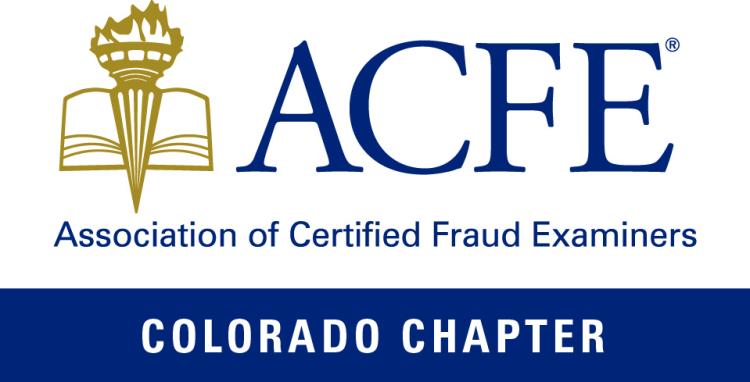

Why They Do It: Inside the Mind of the White Collar Criminal
On February 24, 2021, we co-hosted a webinar with Harvard Business Professor Eugene Soltes, author of Why They Do It: Inside the Mind of the White Collar Criminal. More information about the event is available here.
A Look Inside the Varsity Blues College Admissions Cheating Scandal
On March 9, 2021, we hosted a discussion with Eric Rosen, lead prosecutor in “Operation Varsity Blues,” the seminal case widely known as the college admissions scandal, one of the largest white-collar crime prosecutions in United States history. Widely covered in the press, the scandal erupted in March 2019 when federal prosecutors charged 50 wealthy celebrities, business moguls, and other powerful parents, as well as various coaches, administrators and facilitators, with participating in a scheme to bribe and cheat their children’s way into certain elite colleges across the United States. All used the services of Rick Singer, a well-known college counselor who became rich off of his network of corrupt test-takers and proctors, coaches, and admissions personnel. Colorado Law Professor Melanie Kay led the discussion and audience Q&A with Mr. Rosen.
Following the discussion with Mr. Rosen, we hosted a panel discussion and Q&A with Shelley Dodd, Director of Admissions at the University of Wyoming; Jillian Keegan, Senior Associate Athletic Director for Compliance at CU Boulder; and Linda Miller, fraud risk management expert and Deputy Executive Director of the Pandemic Response Accountability Committee. The panel discussed ramifications of the Varsity Blues scandal in higher education and fraud prevention, along with general ethics concepts in the field of admissions.
This event was jointly sponsored by the Daniels Fund Ethics Initiative Collegiate Programs at Colorado Law, the Leeds School of Business, the University of Wyoming College of Business, and CU Denver Business School.
SPEAKERS
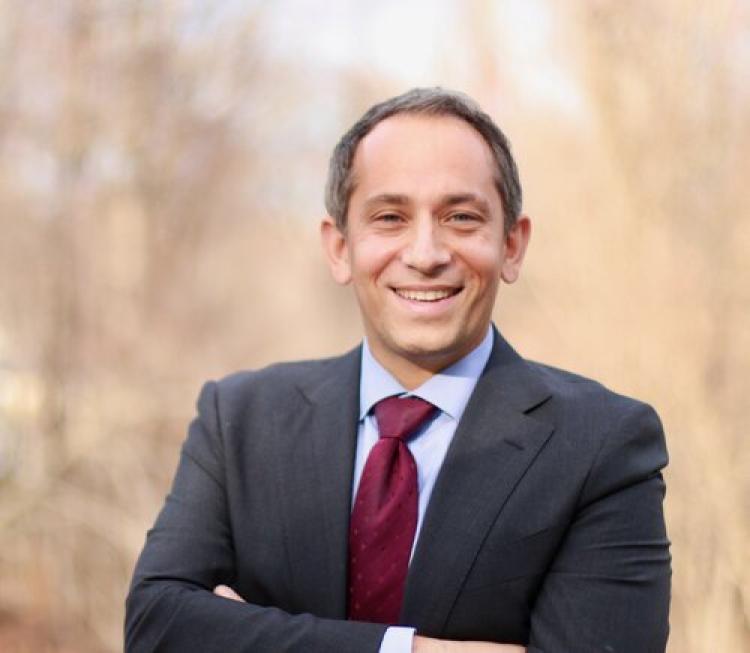
Eric Rosen is a partner in the New York office of Roche Freedman, LLP. He is a nationally recognized former federal prosecutor whose practice focuses on white-collar criminal defense, corporate investigations, and complex civil litigation.
From May 2012 through October 2020, Eric was an Assistant United States Attorney in Pittsburgh, Pennsylvania and Boston, Massachusetts. While serving as a federal prosecutor, Eric prosecuted more than 250 defendants for a wide variety of federal crimes, including: wire and mail fraud, securities fraud, investor fraud, bribery, health care fraud, drug misbranding, money laundering, drug trafficking, racketeering, smuggling, and firearms offenses. Eric also tried, as lead and co-counsel, numerous criminal cases before federal juries, both in Pittsburgh and Boston.
In March 2018, Eric began the “Operation Varsity Blues” investigation that led, a year later, to charges against approximately 50 individuals for fraud, bribery and money laundering offenses related to the college admissions process. Eric’s work in the landmark prosecution, which generated significant worldwide media attention, has been widely profiled by national and international publications, including the Boston Globe, the New York Times, CNN, the Washington Post, Los Angeles Times and USA Today. In addition, Eric’s role as the lead prosecutor was chronicled in the July 2020 book “Unacceptable,” written by two Wall Street Journal reporters.
Prior to joining the U.S. Attorney’s Office, Eric was a litigation associate at Richards, Kibbe and Orbe LLP, a New York-based boutique law firm. While at that law firm, Eric represented clients in complex commercial litigation matters and in investigations conducted by FINRA, the SEC, and the Department of Justice. Eric also conducted multiple internal investigations on behalf of corporate clients.
Eric began his legal career by serving for three years as an Assistant District Attorney in Manhattan, primarily working on criminal appeals.
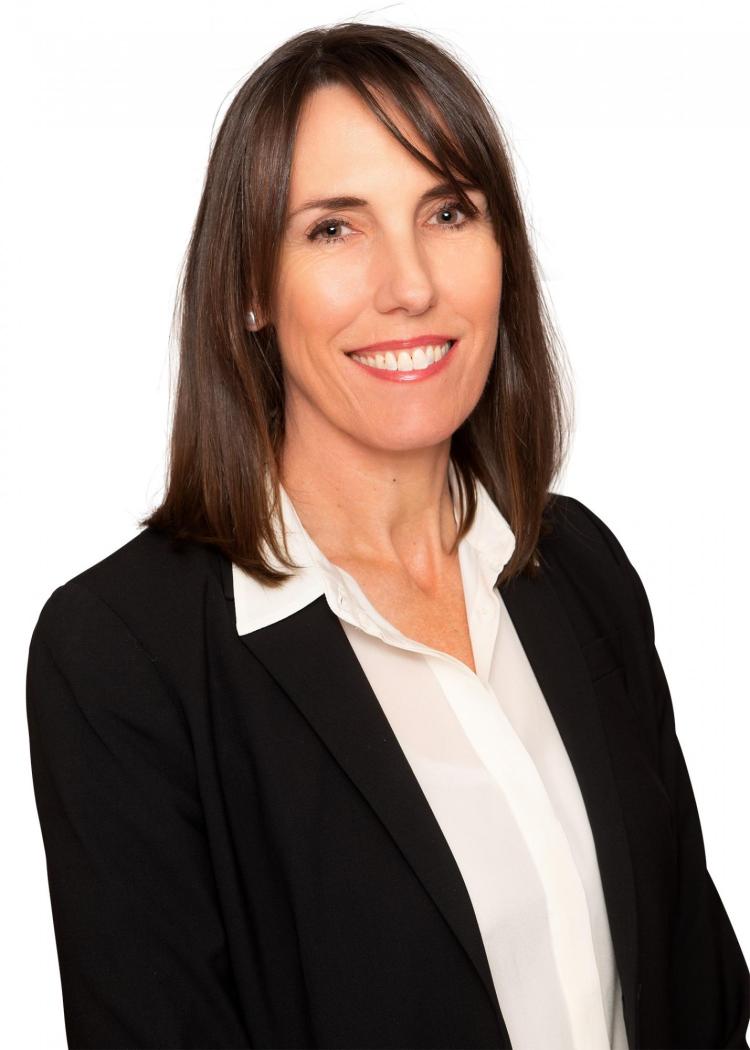
Linda S. Miller was appointed to Deputy Executive Director of the Pandemic Response Accountability Committee (PRAC) on May 19, 2020. Ms. Miller has over 15 years of experience in fraud risk management. She most recently served as a principal at Grant Thornton LLP, where she led the firm’s industry-leading Fraud Risk Management practice. In this capacity, she led the firm’s 150+ certified fraud examiners, fraud investigators and forensic auditors across both the public and commercial sectors. Ms. Miller also provided strategic consulting to agencies and companies seeking to improve their fraud risk mitigation efforts, including designing and implementing enterprise-level antifraud programs.
Ms. Miller previously served for 10 years as Assistant Director at the Government Accountability Office (GAO), where she led teams of analysts in evaluating fraud, improper payments and internal control in programs at a wide variety of federal agencies. Ms. Miller led the development of GAO’s Framework for Managing Fraud Risks in Federal Programs from its inception; worked with Congressional staffers to help draft the Fraud Reduction and Data Analytics Act of 2015; helped draft OMB Circular A-123; and served on the task force developed the Committee of Sponsoring Organizations of the Treadway Commission (COSO) Fraud Risk Management Guide.
Ms. Miller was a division 1 scholarship athlete in the sport of rowing and went on to compete in the Olympic Games in 2000.
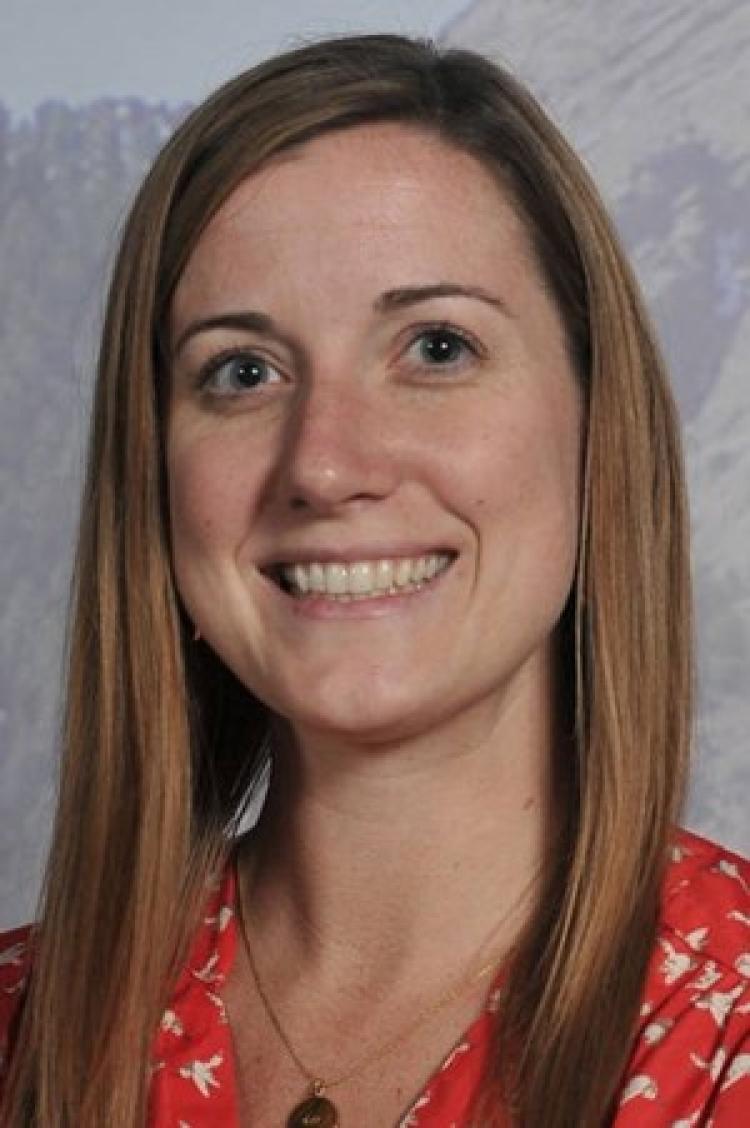
Jill Keegan is in her 11th year as a member of the University of Colorado athletic department. On July 1, 2020, she was promoted to Senior Associate Athletic Director for Compliance and assumed the role of CU’s Senior Woman Administrator, and is also on athletic director Rick George’s executive team and has sports administrator duties for CU’s volleyball program.
She replaced the retiring Ceal Barry as the school’s SWA, becoming just the fourth to hold the position at Colorado since it was created in 1992.
Keegan previously had served two years as the associate athletic director for compliance, which had followed three years as an assistant A.D. in the same area, as she was promoted to that role on June 1, 2015. She was the associate compliance director for four years, hired on Oct. 1, 2010, initially serving as the rules education coordinator, as her role gradually expanded through the years.
She came to Colorado in October 2010 from Michigan State University where she served as the assistant compliance coordinator for four years. Prior to Michigan State, she was the assistant director of compliance at Marshall University where she also completed her master’s degree in Sport Administration in 2006. Keegan received her bachelor's degree in Sports Marketing and management from Indiana University in 2005 where she also served as an intern in the Hoosiers’ compliance office.
A native of Owatonna, Minn., the former Jill Gainey graduated from Angola High School in Angola, Ind., in 2001, lettering in volleyball, basketball and track and field. Her hobbies include attending sporting events, traveling, outdoor activities and gardening. She and her husband Brian are the parents of a 3-year old son, Nolan.
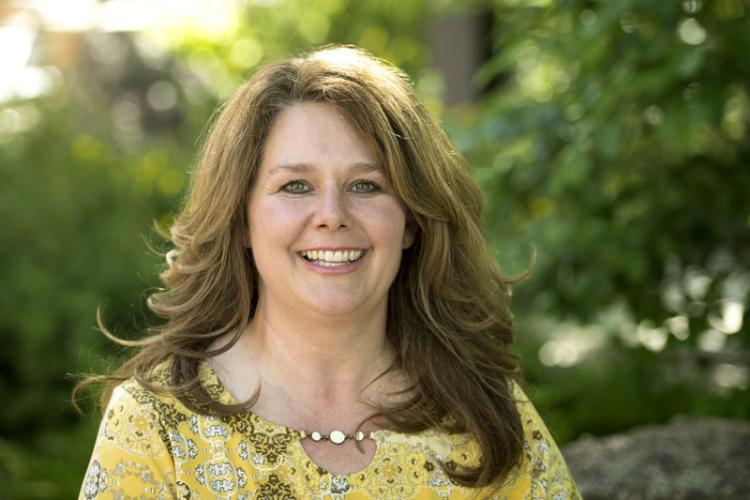
Shelley Dodd is Director of Admissions at the University of Wyoming. She has 25 years of experience in enrollment management and division leadership. Responsibilities as a director of admissions include overseeing recruiting, operations, data analysis, campus visits and events. She also has experience as an associate registrar; an associate director in admissions and as an assistant to the vice president for student affairs in the areas of budget, human resources and special events.
Her focus is on student success and on business process redesign to improve the student and staff experience.
Dodd is a proud graduate from the University of Wyoming and earned a master’s degree in public administration along with a bachelor’s degree in business administration.


